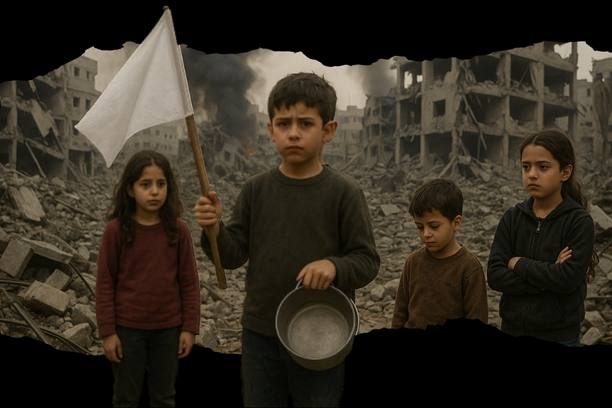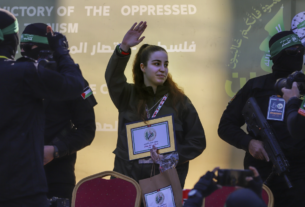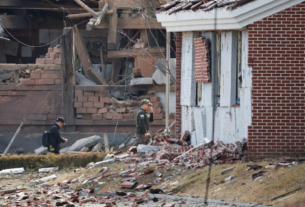
As the International Court of Justice (ICJ) hears harrowing accusations against Israel, Gaza descends deeper into a humanitarian abyss, raising not just legal questions, but moral ones that may shape the future of global human rights.
The Hague, Netherlands / Gaza Strip
A courtroom thousands of miles from Gaza is now the stage for what could become one of the most defining human rights cases of the 21st century. On April 29, the International Court of Justice (ICJ) began its second day of hearings to determine whether Israel is fulfilling, or failing its humanitarian obligations to Palestinians in Gaza and the occupied West Bank.
At stake is more than just legal accountability. For many observers, what’s unfolding in Gaza isn’t just a conflict, it’s a catastrophe. One that, according to Amnesty International, is being “live-streamed in real time”, with tens of thousands dead and entire neighborhoods reduced to rubble under Israel’s prolonged military campaign and total blockade of humanitarian aid.
A Crisis Beyond Numbers
According to the Gaza Health Ministry, over 61,000 Palestinians have been killed and more than 117,000 injured since Israel launched its full-scale assault in October 2023 following attacks by Hamas. With over 200 Israelis killed and others taken hostage in that initial violence, Israel’s response has turned Gaza into what UN officials now describe as “an unseen level of humanitarian catastrophe.”
Food scarcity is so severe that some residents have resorted to eating turtles and animal feed to survive. Hospitals operate without basic supplies, water sources are contaminated, and entire families remain buried under collapsed buildings.
Volker Turk, the UN High Commissioner for Human Rights, stated bluntly:
“The world must stop Gaza’s descent into hell.”
In the Courtroom: Genocide on Trial?
At The Hague, South Africa joined by several other nations is arguing that Israel has violated the Genocide Convention. Zane Dangor, South Africa’s representative, said:
“Under the world’s watchful eye, Palestinians are being subjected to atrocity crimes, persecution, apartheid, and genocide.”
Amnesty International’s latest annual report echoes this. It accuses Israel of “deliberately creating life-threatening conditions” through its blockade and military actions, citing forced displacement, targeting of civilian infrastructure, and torture of detainees.
The Israeli government, however, maintains that its actions are legitimate responses to Hamas attacks and that it targets militant infrastructure, not civilians.
Human Stories: Lives Interrupted
The legal debate is abstract. But the pain is personal.
Among the recently released detainees was Assaad al-Nassasra, a Gaza ambulance driver who survived a March airstrike that killed 15 health workers. He disappeared into Israeli custody for 37 days, his fate unknown.
Emerging from detention, al-Nassasra was tearfully embraced by colleagues. His red Crescent jacket, a symbol of humanitarian neutrality now carries the stain of a brutal war where even medics are not spared.
Why It Matters to the World
The ICJ’s decision may take months, but its symbolic weight is already enormous.
If the court rules against Israel, it could reshape how the international community addresses state-led atrocities, particularly when powerful allies like the United States offer unwavering support. It could also push global institutions to revisit what justice looks like when applied unequally.
UN Secretary-General António Guterres warned that the two-state solution is “at risk of disappearing.” But many Palestinians argue that the real issue isn’t politics, it’s survival.
A Turning Point for Human Rights?
This is more than a case about Gaza. It is a test of whether international law still holds meaning when confronted with overwhelming political power and human suffering.
The world is watching, through livestreams, news clips, and legal proceedings. But the question remains:
Will it act? Or will it simply witness?



